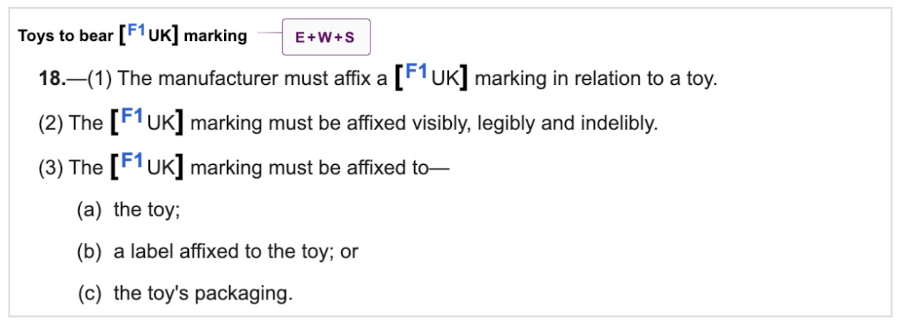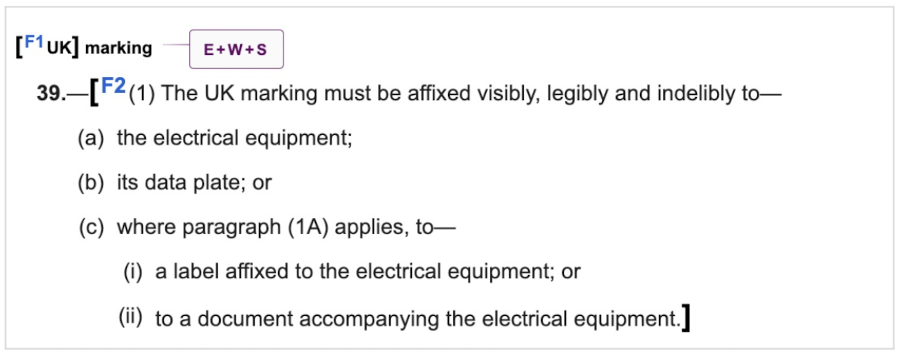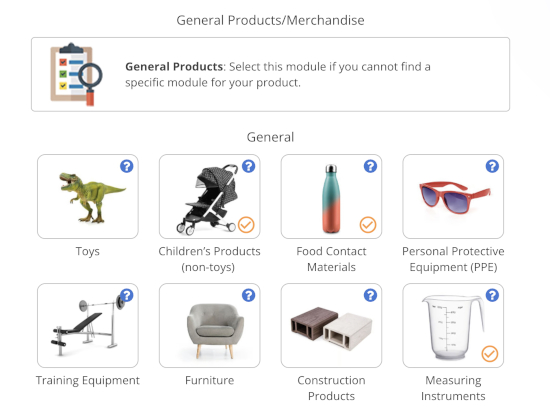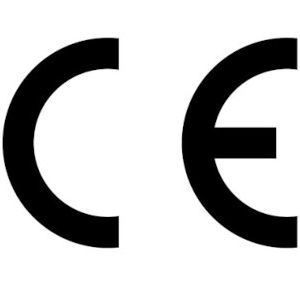
UKCA marking and CE marking both indicate compliance with a set of safety, documentation and labelling requirements. In short, the UKCA marking was originally intended to replace the CE mark post-Brexit, but that is not ultimately the case. Instead, the UK decided to accept CE marking for certain products, while it also remains mandatory for many products in Northern Ireland.
This can be confusing, to put it mildly. This guide will hopefully help you understand the practical differences between the UKCA mark and the CE mark, in terms of their requirements, when to use which marking, and their respective geographical extents.
Content Overview

FREE CONSULTATION CALL (30 MIN)
 Ask questions about compliance requirements
Ask questions about compliance requirements Countries/markets:
Countries/markets:
 Learn how we can help your business
Learn how we can help your business
You will speak with:Ivan Malloci or John Vinod Khiatani
Key differences between UKCA and CE marking
The UKCA mark indicates compliance with UK regulations that, for the most part at least, previously required CE marking. Affixing the UKCA mark is mandatory and only allowed if your product is subject to one or more regulations which require it.
UKCA marking also requires that the manufacturer has completed the following steps:
1. Ensure that the product conforms to applicable designated standards
2. Create a Declaration of Conformity
3. Create technical documentation
4. Ensure that the product is tested
5. Ensure that the product is correctly labelled
The UKCA mark essentially indicates that the product is compliant with all applicable UK regulations which require the UKCA mark.
The principle is essentially identical for CE marking. The key difference is that CE marking is an EU compliance mark, mandated by EU regulations and EU directives, which are no longer applicable in the United Kingdom.
Another difference is that the CE mark is accepted in Northern Ireland, whereas UKCA marking is not.
Product examples
Here are some examples of regulations that explain how UKCA and CE marking differ.
| UKCA marking | CE marking | |
| Toys | Indicates compliance with the Toys (Safety) Regulations 2011 | Indicates compliance with the Toy Safety Directive |
| Phone charger | Indicates compliance with:
The EMC Regulations 2016 The RoHS Regulations 2012 The Electrical Equipment (Safety) Regulations 2016 |
Indicates compliance with:
EMC Directive RoHS Directive Low Voltage Directive |
Geographical extent
UKCA marking is the default compliance mark in Great Britain, meaning England, Scotland and Wales. That said, CE marking is accepted for certain products in Great Britain as well.
However, UKCA marking is not an accepted compliance mark on its own in Northern Ireland and the European Union.
| UKCA marking | CE marking | |
| Great Britain (E + W + S) | Required for covered products | Accepted instead of UKCA marking for certain products |
| Northern Ireland | Not accepted | Required for covered products |
| European Union | Not accepted | Required for covered products |
Comparison between UKCA and CE marking
Both UKCA marking and CE marking must be supported by documentation, labelling and compliance with relevant product standards.
That said, UKCA marking is based on UK regulations while CE marking is based on EU regulations and directives, which differ in scope and detailed requirements.
| Toy Safety Directive | Toys Safety Regulations 2011 | |
| Standards | Must comply with harmonised standards | Must comply with designated standards |
| Declaration of Conformity | Required (See Article 15) | Required (See Regulation 16) |
| Technical documentation | Required (See Article 21) | Required (See Regulation 17) |
| Traceability information | Required (See Article 4) | Required (See Regulation 19) |
| UKCA marking | Not mentioned | Required (See Regulation 18) |
| CE marking | Required | Accepted (See Regulation 39A) |
When should we use the UKCA mark?
You must affix UKCA marking if doing so is mandated by the UK regulations applicable to your product. This is specified in the regulatory text.
The following screenshots, where UKCA marking is referred to as UK marking, are examples from legislation.gov.uk:
The Toys (Safety) Regulations 2011

The Electrical Equipment (Safety) Regulations 2016

Can we use the CE mark instead of the UKCA marking?
You can only affix CE marking instead of UKCA marking if this is stated in the regulation. The UK Department of Business and Trade published this list of regulations for which CE marking is accepted:
- Equipment for Use in Potentially Explosive Atmospheres Regulations 2016/1107
- Electromagnetic Compatibility Regulations 2016/1091
- Lifts Regulations 2016/1093
- Electrical Equipment (Safety) Regulations 2016/1101
- Pressure Equipment (Safety) Regulations 2016/1105
- Pyrotechnic Articles (Safety) Regulations 2015/1553
- Recreational Craft Regulations 2017/737
- Radio Equipment Regulations 2017/1206
- Simple Pressure Vessels (Safety) Regulations 2016/1092
- Toys (Safety) Regulations 2011/1881
- Aerosol Dispensers Regulations 2009/2824
- Gas Appliances (EU Regulation) 2016/426
- Supply of Machinery (Safety) Regulations 2008/1597
- Noise Emission in the Environment by Equipment for use Outdoors Regulations 2001/1701
- Personal Protective Equipment (EU Regulation) 2016/425
- Measuring Instruments Regulations 2016/1153
- Non-automatic Weighing Instruments Regulations 2016/1152
- Measuring Container Bottles (European Economic Community (EEC) Requirements) Regulations 1977
- Restriction of the Use of Certain Hazardous Substances in Electrical and Electronic Equipment Regulations 2012 (‘the RoHS Regulations’)
- Ecodesign for Energy-Related Products Regulations 2010
- Explosives Regulations 2014
Can UKCA and CE marking be affixed to the same product?
I cannot find a source explicitly stating that affixing both a CE mark and a UKCA mark to the same product is accepted. That said, this is a fairly common practice, and it is not unusual that products contain compliance marks for more than one market.
I have personally seen many products with both UKCA and CE marking sold at my nearest Marks and Spencer here in Hong Kong.
Note: Contains public sector information licensed under the Open Government Licence v3.0.





















.png)
.png)
.png)



